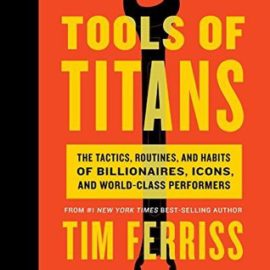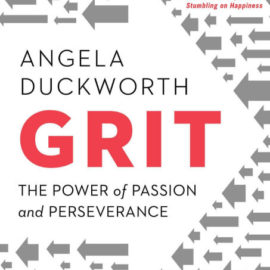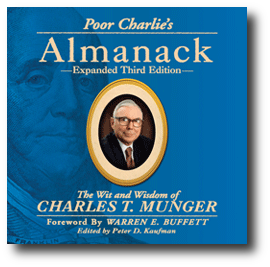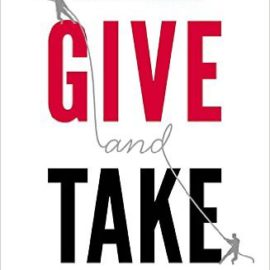Want to learn the ideas in The E-Myth Revisited better than ever? Read the world’s #1 book summary of The E-Myth Revisited by Michael E. Gerber here.
Read a brief 1-Page Summary or watch video summaries curated by our expert team. Note: this book guide is not affiliated with or endorsed by the publisher or author, and we always encourage you to purchase and read the full book.
Video Summaries of The E-Myth Revisited
We’ve scoured the Internet for the very best videos on The E-Myth Revisited, from high-quality videos summaries to interviews or commentary by Michael E. Gerber.
1-Page Summary of The E-Myth Revisited
Overview
Before starting a business, it’s important to decide the kind of life you want to live. That means deciding how much money you want and how much work you’re willing to put in. It’s crucial that these decisions are made before beginning your business so that it can be structured in a way that helps you achieve those goals.
Most small businesses fail in their first five years. However, some succeed and become very successful. What is the difference between them?
In this article, you’ll find out why most businesses fail and what to do about it. You’ll also learn how McDonald’s has been successful for so long, as well as the importance of letting go of your business when necessary.
Big Idea #1: It’s a myth that entrepreneurs with great ideas and technical know-how succeed in business quickly.
Did you know that 800,000 new businesses fail every year in America? Most of these failures are due to the E-Myth. The E-Myth is a misunderstanding that most business owners have about starting their own business. It’s the notion that skillful technical work and a good idea form a sufficient basis for business success. People often start their own businesses merely because they excel at work in a certain field, such as machinists or barbers.
Some people are not satisfied with their jobs and want to start their own business. That’s a great idea, but if they’re not careful, it can be very risky. They may have the wrong attitude about starting a new business because they think that since they’ve had success in their field, it will translate over into other fields as well. However, this is often not true at all. If you open your own cafe because you know how to roast coffee beans or make lattes, then you’re probably going to fail unless there’s something else motivating your decision besides just technical expertise and ideas.
You’ve made a common, but serious mistake. You assumed that your technical skills would be enough to run a business. However, running a business is different from doing the actual work of your company. For example, someone who’s good at making coffee may open their own cafe and realize they need to hire employees and organize tasks in order for it to succeed.
This is why many small businesses fail.
It’s because they don’t know how to…
Big Idea #2: Most businesses don’t last long.
Businesses go through stages of development just like people do. Businesses that survive their adolescent stage are very successful, but most businesses don’t make it to the mature phase.
Starting a business can be difficult. Businesses go through several stages, including infancy, adolescence and adulthood. In the first stage, infancy, the owner and the business are one and the same. At first this is great because it means you’re working on everything yourself. For example, if you own a coffee shop then you get to roast your own beans. But as time goes by it becomes more difficult to handle everything yourself so eventually you hire help or outsource some tasks (like cleaning). That’s when your business enters its adolescent phase where things start getting messy again because no one is taking responsibility for anything anymore!
After the new employees work at the cafe, customers complain about their lattes.
During the adolescent stage, a business owner must be pushed past her comfort zone. If she doesn’t grow beyond that point, the business will fail.
What can the former barista do? She could go back to being a barista, but that would be too easy. Instead, she could get smaller and fire her employees or stay small and work harder. Alternatively, she could grow until it got out of control and hire more people.






